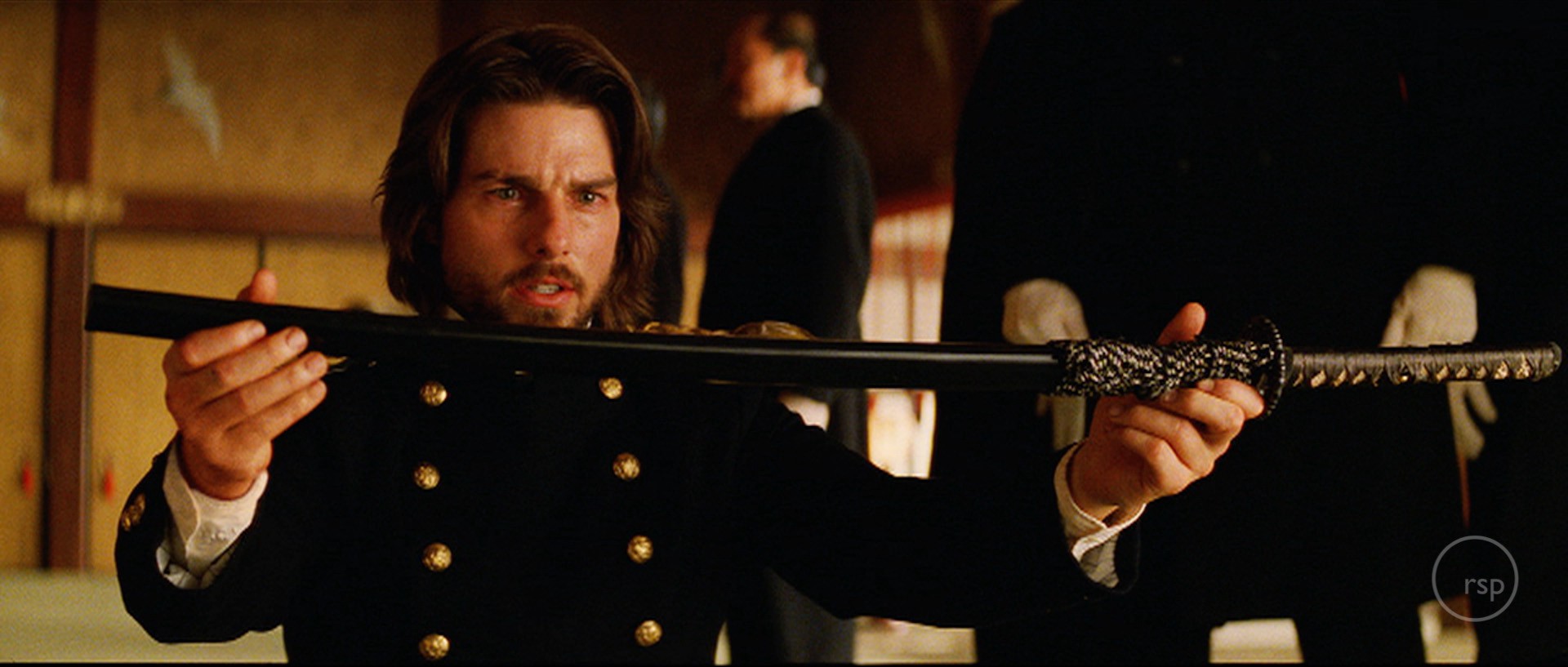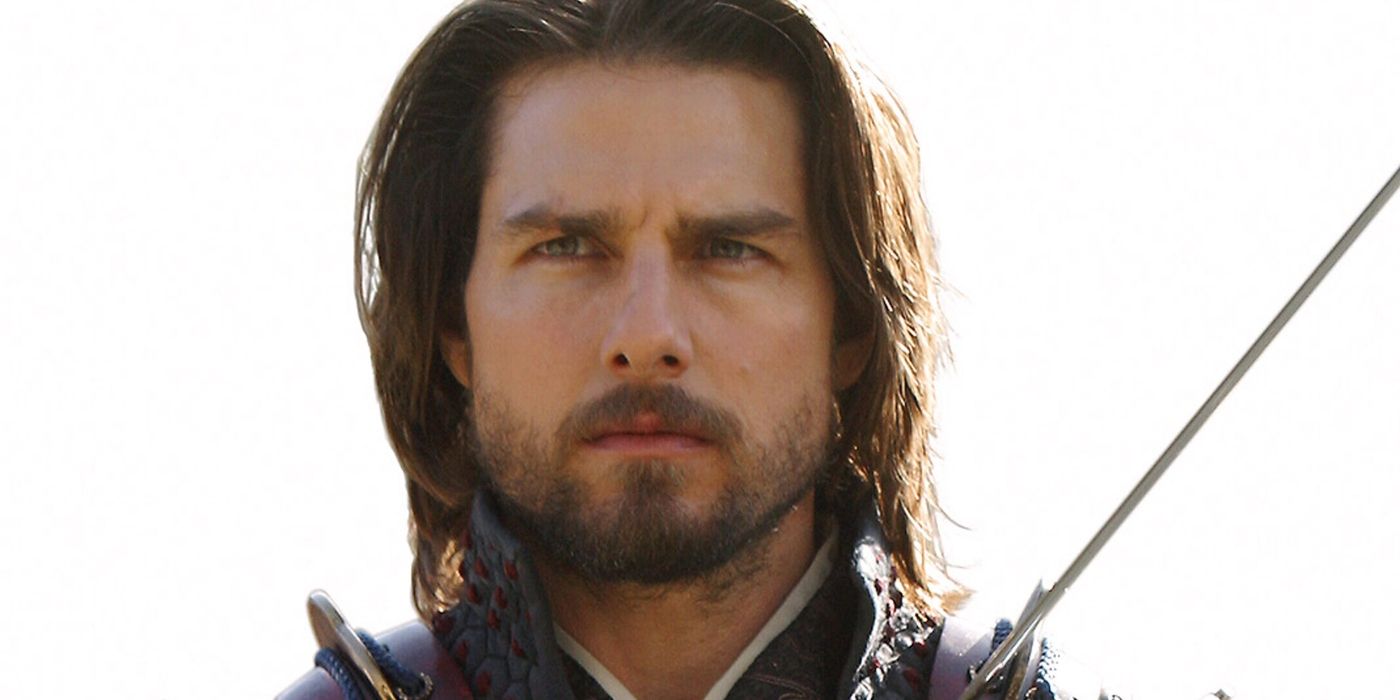When guns silenced swords, the soul of a warrior refused to die
The Last Samurai (2003), directed by Edward Zwick, is more than just a sweeping war epic—it's a poignant meditation on cultural collision, personal redemption, and the quiet strength of tradition facing extinction. Set in 19th-century Japan during a time of rapid modernization, the film follows a disillusioned American soldier who finds new meaning among the very people he was hired to destroy. With stunning cinematography, deeply human storytelling, and a commanding performance by Tom Cruise, this film has earned its place among the great historical dramas of its time.
Cruise stars as Captain Nathan Algren, a tormented veteran of the American Indian Wars, haunted by the atrocities he committed. When he is recruited by the Japanese government to help train a modern army and suppress a samurai rebellion, Algren arrives as a mercenary but soon becomes an accidental prisoner. What unfolds next is a profound transformation—not through force, but through the discipline, philosophy, and dignity of the samurai way of life.

Under the guidance of Katsumoto (brilliantly portrayed by Ken Watanabe), the charismatic samurai leader, Algren begins to understand bushidō—the ancient code of honor, loyalty, and sacrifice. The film beautifully explores this spiritual awakening, using Algren’s internal journey as a lens through which to view the larger story of Japan's painful transition from feudalism to imperial modernity. In a world obsessed with progress, the samurai represent a dying ideal—and yet, one that refuses to go quietly.
The emotional core of the film lies not only in Algren's redemption arc but also in his growing bond with his former enemies—particularly with Katsumoto and the widow Taka, whose quiet strength and grace provide healing in unexpected ways. As Algren gains their trust, he begins to shed his cynicism and fight for a cause greater than himself—not because he is told to, but because he chooses to.
Visually, The Last Samurai is breathtaking. The rolling hills of rural Japan, the richly detailed armor, and the climactic battle scenes are all rendered with reverence and grandeur. The score by Hans Zimmer elevates the film’s emotional and spiritual intensity, capturing both the melancholy of a disappearing world and the heartbeat of resistance. It’s a story that neither demonizes the new nor blindly glorifies the old, but instead asks: what is worth preserving when change is inevitable?

In the end, The Last Samurai is not just about East meeting West. It is about the soul of a man finding peace, and the soul of a culture fighting to be remembered. The film reminds us that true honor is timeless—even when the world moves on.


-1754624367-q80.webp)
